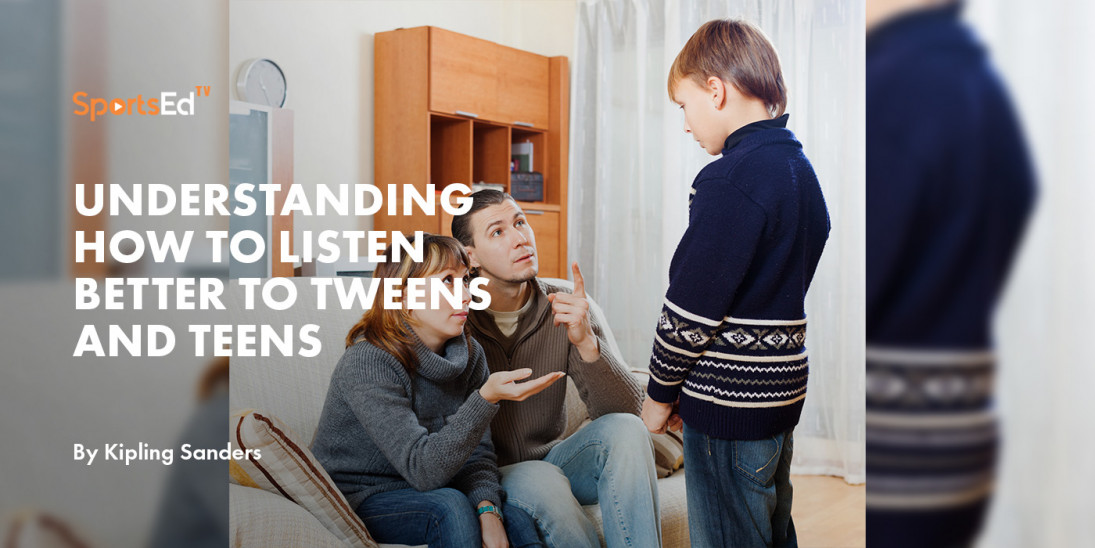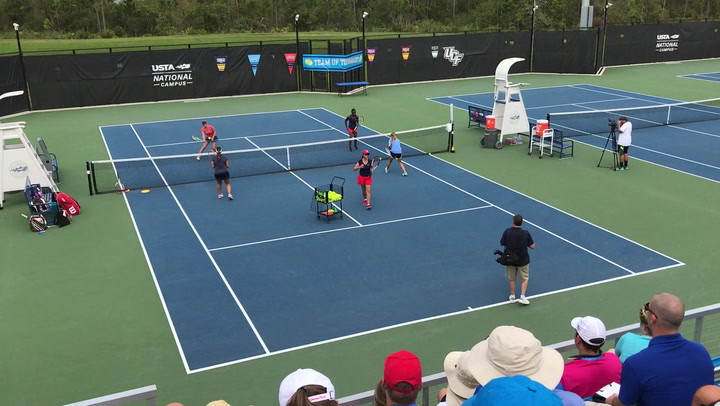Tennis
Welcome and thanks for visiting...

Understanding How to Listen Better to Tweens and Teens

As adults…as parents…we are so busy in our day to day lives…working, cleaning, cooking, paying bills, doing the laundry, and mowing the lawn to just name a few of our tasks. This schedule may keep us from not zeroing in on what our tweens are telling us or what they are feeling.
For example, if your daughter, let’s call her Stephanie, is in an argument over something with her boyfriend, it is very important to Stephanie. To us, it may seem minimal or not worth being bothered.
So, what is the right thing to do as parents when your daughter approaches you in despair?
First, if you are madly busy, take a breath and let Stephanie know that you really want to hear all about it, but you are right in the middle of something that you have to finish. Then, set a time as soon as possible to talk with her. And keep the appointment with her.
When the talk time occurs, listen attentively. Don’t be working on your computer or glancing at your phone, maintain eye contact with her. Let her finish talking and don’t interrupt. Without interrupting, Stephanie may provide more information that you need to know and find valuable if you just let her talk and not interject. When she is winding down her side of the situation, ask a few questions that you may have for her. Then, take a moment and think about what you want to say. Provide your feedback. Really, really try to not place judgment. Internally, you may be thinking that this is a silly little argument and that this is her first real boyfriend crush. You may think there will be many more crushes and many more important things that will happen over the years to come. BUT to Stephanie, right now, this is the most important thing in the world. So, listen with an open heart. Allow her to express herself and let her be herself freely. By providing non-controlling respect for her situation, and making well thought out suggestions, you have opened the door for Stephanie to share her thoughts and feelings as she matures. That open dialogue will be very important in the years to come.
Tweens are often very much more mature than we might think. They have access to information on devices that help them form opinions. Their friends, both in person and through social media, dramatically impact how they behave and feel about various issues. You can have a deeper level of conversation than you might initially think.
Treat them as equals. Too often, when it comes to our tweens, our lack of focused attention to them is rather inconsiderate and disrespectful. Your kids may tell you that they observe this lack of attention and respect from other adults in their lives…teachers, coaches, or friend’s parent and that it hurts their feelings. It takes just a moment to show a kind face and to be a good listener. It will go much farther in strengthening your bond.
And here’s another important thing. If Stephanie, shares something that gets your blood boiling, take a breath. Keep a cap on your own emotions. Be a healthy ally and don’t raise the intensity of the situation. Showing Stephanie the path to sharing, the path to good counsel, the path to understanding herself better through an open discussion with someone who cares…well will serve Stephanie her whole life in resolving conflicts. She will develop natural skills, verbally, emotionally, and mentally dealing with situations and problems in life and in her vocations.
And as a side note…
As a young man growing up, I remember a close buddy in middle school who had a great relationship with his mom. He told her about his girlfriend saying something negative to him about his study habits and joking around in school too much. The girlfriend was rather harsh in the delivery of her comments. It really upset my friend that she would say those things and in such a nasty way. My buddy’s mom listened to his story and was very understanding. She said that he could either correct the girlfriend’s impression by discussing with her or that if his girlfriend had a legitimate concern, he could improve his behavior on both accounts. My buddy thought about it and did curtail his class clowning around and let his girlfriend know that he did most of his homework in study hall. And for him, the incident was over. He and his girlfriend made up and everything was back to their normal relationship status. BUT for my buddy’s mom, even though she gave her son some sage advice, it upset her that this girl was nasty to her “baby boy”. His mom never felt quite as friendly towards my buddy’s girlfriend again.
So, yes, listen to your tween or teen about what has them upset or angry. Help them process through the situation. But also take stock in our own protective parental nature and see if we are harboring ill will…and if we are…is it really just buying into the very tween drama we were expecting our child to release.





